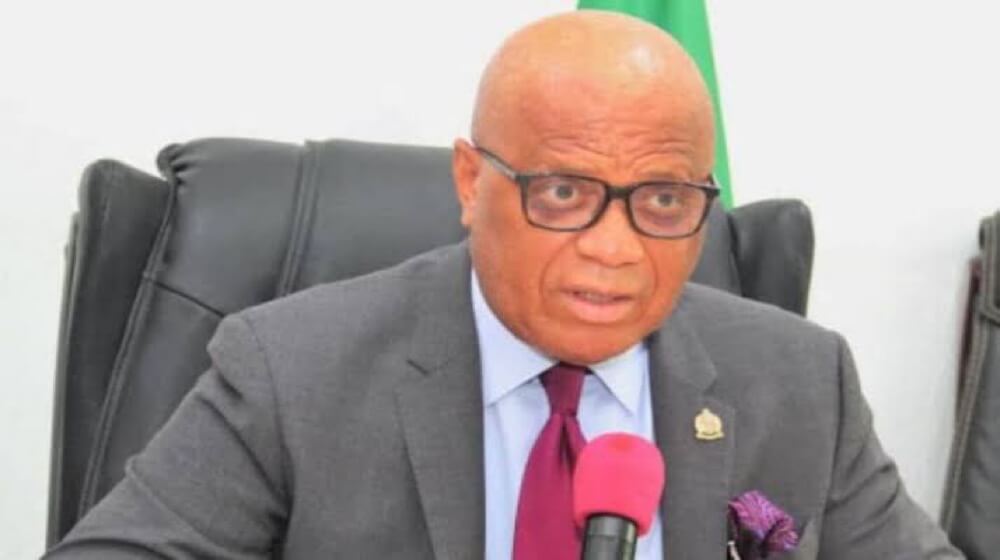Transformation Of Nigeria’s Statistical System Non-Negotiable—Akwa Ibom Govt
The Akwa Ibom State Director of Statistics, Ministry of Economic Development Peter Akpan, has called for the modernization of Nigeria’s statistical system through internationally recognized frameworks.
Akpan made the call on Monday at the Southern state’s stakeholders’ workshop on the National Strategy for the Development of Statistics (NSDS) which held in Akwa Ibom.
Advertisement
According to him, adopting a modernized framework in the country’s statistical system will aid effective governance at both the state and national levels.
He said, “In this era of data, official statistics are indispensable for effective governance. Therefore, the imperative task of modernizing the State and National Statistical System through the internationally recognized framework, the National Strategy for the Development of Statistics (NSDS), is before us.”
Akpan related the willingness of Governor Umo Bassey-led administration to establish a modernized Bureau of Statistics in Akwa Ibom.
Speaking at the event, the Akwa State Governor said the workshop would enable the production of official statistics that all stakeholders would rely on for their respective programmes and projects.
Advertisement
Bassey said, “Globally, Statistics is considered a public good, and I encourage all participants to contribute diligently to the new NSDS, to address gaps and challenges hindering the production of unified data that accurately reflects current emerging realities in our society.”
He also commended the Statistician-General of the Federation, Semiu Adeniran, for his stride in modernising not only the National but state statistical system.
At the national level, the National Bureau of Statistics has begun reforming its statistical framework.
In a report titled ‘Nigeria Labour Force Framework Re-design 2023,’ released in April, the NBS introduced new changes to the operational definition of unemployment and related measurement guidelines based on accumulated Nigeria practice.
This effectively changed NBS’ methodology for reporting the country’s labour statistics.
Advertisement
The Bureau said the changes were necessary because the previous methodology, which was based on the 13th International Conference of Labour Statisticians (ICLS) standards, covers people aged 15-64 years working for 40 hours or more for pay or profit.
The new methodology which is the 19th ICLS standards, covers people aged 15 and above working for pay or profit, regardless of their working hours.
However, the adoption of the 19th ICLS standard came with its challenges as Nigeria’s employment rate fell from 33.3 per cent in the fourth quarter of 2020 to 4.1 per cent 4.1 per cent in the first quarter of 2023 after the adjustments.



